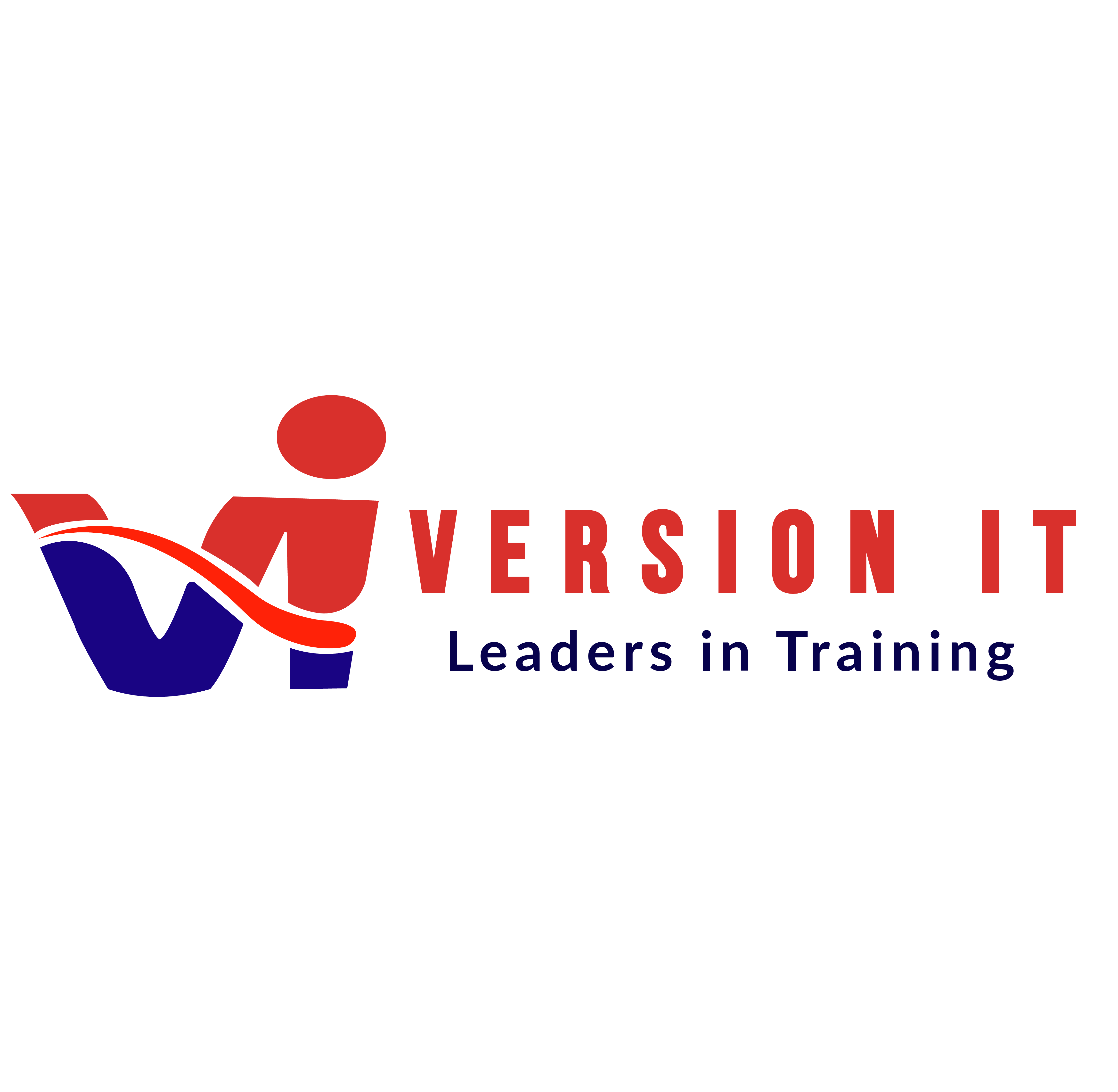Home > Courses > Full Stack Courses > Python Full Stack Courses > Django Course
Django Training in
Hyderabad
Do you want to become a skilled web developer? You don’t need to search any further!
Version IT provides comprehensive and industry-driven Django training in Hyderabad, preparing you to thrive in the dynamic world of web development.
31 Modules
with Certifications
Certificate
After Completion
English
Language
Django Training in Hyderabad: Uncovering the Web Development Power
Django is a high-level Python web framework that serves as the foundation for many successful web applications and websites. Our Django training in Hyderabad is meticulously designed to introduce you to the fundamentals of web development, ensuring you understand the complexities of creating robust and scalable applications.
Course Characteristics
Our Django course in Hyderabad is designed by seasoned professionals with real-world experience. Here’s a taste of what to expect:
- Comprehensive Curriculum: Dive deep into Django fundamentals, including topics like models, templates, and views. Gain practical experience by working on projects that simulate real-world scenarios.
- Industry-Related Projects: Put your knowledge to use by working on projects that reflect the challenges that professionals in the field face. This hands-on approach ensures that you are job-ready upon completion of the course.
- Expert Advice: Get personalized advice from industry experts who share their insights and experiences to help you navigate the complexities of Django development.
Engage in interactive sessions, discussions, and collaborative projects to create a dynamic learning environment that will improve your understanding and retention of Django concepts.
Outcomes That Advance Your Career
After finishing our Django course in Hyderabad, you’ll be able to:
- Django mastery: Gain a thorough understanding of Django’s architecture, allowing you to confidently build secure and scalable web applications.
- Problem-Solving Skills: Work on real-world projects to improve your ability to troubleshoot and innovate in a professional setting.
- Certification: Acquire a certification from Version IT, a renowned Django training institute in Hyderabad, to validate your expertise and set yourself apart in the competitive job market.
Topics You will Learn
Introduction to Web
- What is WEB?
- Features of WEB?
- Introduction to HTML & HTML5
- Introduction to CSS &CSS3
- Introduction to JAVASCRIPT
- Introduction to Bootstrap
- Creating Basic Web Pages
- Introduction to SCRIPTS
Django Web Framework
- What is a Framework
- Introduction to Django
- Django – Design Philosophies
- History of Django
- Django Features
- Environment setup
- Web Server
Getting Started with Django
- Creating the first Project
- Integrating the Project to PYCHARM & Other IDEs
- The Project Structure
- Running the in the server
- Setting Up Your Project
- Create and configure Django apps
- Django App Structure
- Configuring App in Project
URLs and Views
- What is URL?
- Define URL patterns
- What is View
- Configure URLs
- Developing different views
URL dispatcher
- Django URL Mapping
- Configuring URLconf’s
- Django URL Functions
- Path()
- Re_path()
- URL Patterns App Level and Project Level
- Include()
Django Templates
- Define Django Template
- Django MVT Pattern
- Django Template Configuration
- render() function
- Django Template Language
- Template Tags or Template Variables
- String interpolation
- What is a context?
- Define Context Processor?
Working with Static Files
- include Static Files inside Template
- Configuring static files
- Creating Project with static resources
- HTML, CSS, Images
DJANGO MODEL
- Define Database?
- Define DBMS, RDBMS?
- What is Model?
- Database Configuration
- How to Check Django Database Connection
- Configuration of MySQL Database
- SQLite
- Defining Django Models
- Django Model Fields
- Field Options
- What is a Migration?
- migrate Command
- Creation of Super User
- Register Model Inside Admin Interface
- Difference between makemigrations and migrate
- Define QuerySet
- The Python Template Engine
- Define Jinja2
- Faker Module
Relationships in Django Models
- What is ORM?
- One-To-One Relationships
- Many-To-One Relationships
- Many-To-Many Relationships
Django Forms or Model Forms
- What is Model Form?
- Advantages of Django Forms
- Creating Django Forms
- CSRF
- Creating a Login form
- Creating Registration Form
Django Form Validation
- What is Validation?
- is_valid()
- Clean Methods
- Creating Project
- What is HTTP?
- Basic Features
- http request methods
- HTTP – URL Encoding
Django’s Inbuilt Core Validators
- Validators
- Custom Validators
- Validation of Total Form using Clean Method
- Validators
- RegexValidator
- Validating EmailID
- What is BOT?
- How to prevent Requests from BOT
Model Based Forms
- How to develop MBF
- __all__
- Exclude-List
- Include-Tuple
- Creating SuperUser
Advanced Templates
- Template Inheritance
- Template Filters
- Template tags for relative URLs
- Block-endblock
- extends
- Advantages of Template Inheritance
- Why Template Filters?
- What is Template Filter?
- How to Create Customized Template Filters?
Session Management in Django
- Cookies
- What is Cookie?
- Why Cookie?
- Types of Cookies
- Advantages, Limitations
- set_test_cookie():
- test_cookie_worked()
- delete_test_cookie()
- set_cookie()
- get()
- Django Session Framework
- request.session[‘key’]
- request.session.get_expiry_date()
Authentication & Authorization
- Define Authentication
- Define Authorization
- Auth System
- Enabling authentication
- Auth system Consists
- Bcrypt & argon2
- Real time example on AA
- Working with Admin
Class Based Views (CBV)
- Function Based Views
- Class based Views
- Generic Class-Based Views
- Simple Generic Views
- Template View
- List Views
Django File Upload
- What is upload
- Creating media_root & url
- How to upload files
- Upload images
- Upload Audio Files
- Upload Video Files
Django CRUD Operations
- What is CRUD?
- CREATE
- READ
- UPDATE
- DELETE
- CRUD with Project
Django Middleware
- Define Middleware
- Builtin Middleware
- Customizing Middleware
- Middleware Methods
How to Send Email in a Django
- What is mail system
- Mail Requirements
- send_mail()
- Configuring Mail Settings
- Sending Email
- Other Email Functions
Outputting CSV with Django
- What is CSV?
- CSV Using Models
- Creating a Live CSV Project
Outputting PDF with Django
- What is PDF?
- Creating a Live PDF Project
Django Crispy Forms
- What is Crisply Form?
- Installing Crispy form
- Template Packs
- Login Crispy form
- Registration Crispy forms
- Crispy with Bootstrap
GIT & Github
- What is git?
- Define Version Control System
- Git Installation
- Git commands
- Define Github
- Pulling and Pushing
- Live Environment
Bitbucket
- What is Bitbucket?
- Web based Version Control System
- Commits
- Branches
- Pull requests
- Pipelines
Deploying Django Apps & Heroku
- What is deployment?
- Creating a Project
- Deploying Django App at product level
- Install heroku CLI
- Virtual Environment
- Introduction to HEROKU
- Deploy at HEROKU
- $pip freeze
Introduction to Web Services
- What is Web Service?
- Types of Web Services
- SOAP based Web Services?
- Features and Limitations?
Introduction to XML
- What is XML?
- Structure of XML
- Comments, Attributes & Elements
- What is DTD?
- What is Schema?
Introduction to REST API(Restful Services)
- What is REST?
- What is API?
- What is JSON?
- HTTP Status Codes?
- HTTP Methods for RESTful Services
- POST
- PUT
- GET
- DELETE
Overview of Project+ Resume
- Web Project Implementation
- Resume Preparation
- Interview Questions
Let Your Certificates Speak

- Comprehensive training Certified in Django Building Robust Web Applications
- Certifications improve your programming profile and are accepted across the world.
- Certificates are issued upon the course's conclusion.
All You Need to Start this Course
- A computer/mobile device with an internet connection.
- Before diving into Django, it's beneficial to have a good understanding of certain technologies and concepts
Testimonials




Still Having Doubts?
Django is a high-level web framework written in Python that encourages rapid development and clean, pragmatic design. It follows the Model-View-Controller (MVC) architectural pattern, emphasizing reusability, pluggability, and the "Don't Repeat Yourself" (DRY) principle.
Django simplifies the development of web applications by providing a robust set of tools and conventions. It includes an ORM (Object-Relational Mapping) system, an admin interface, URL routing, form handling, and more. Django's "batteries-included" philosophy means many common tasks are handled out of the box.


